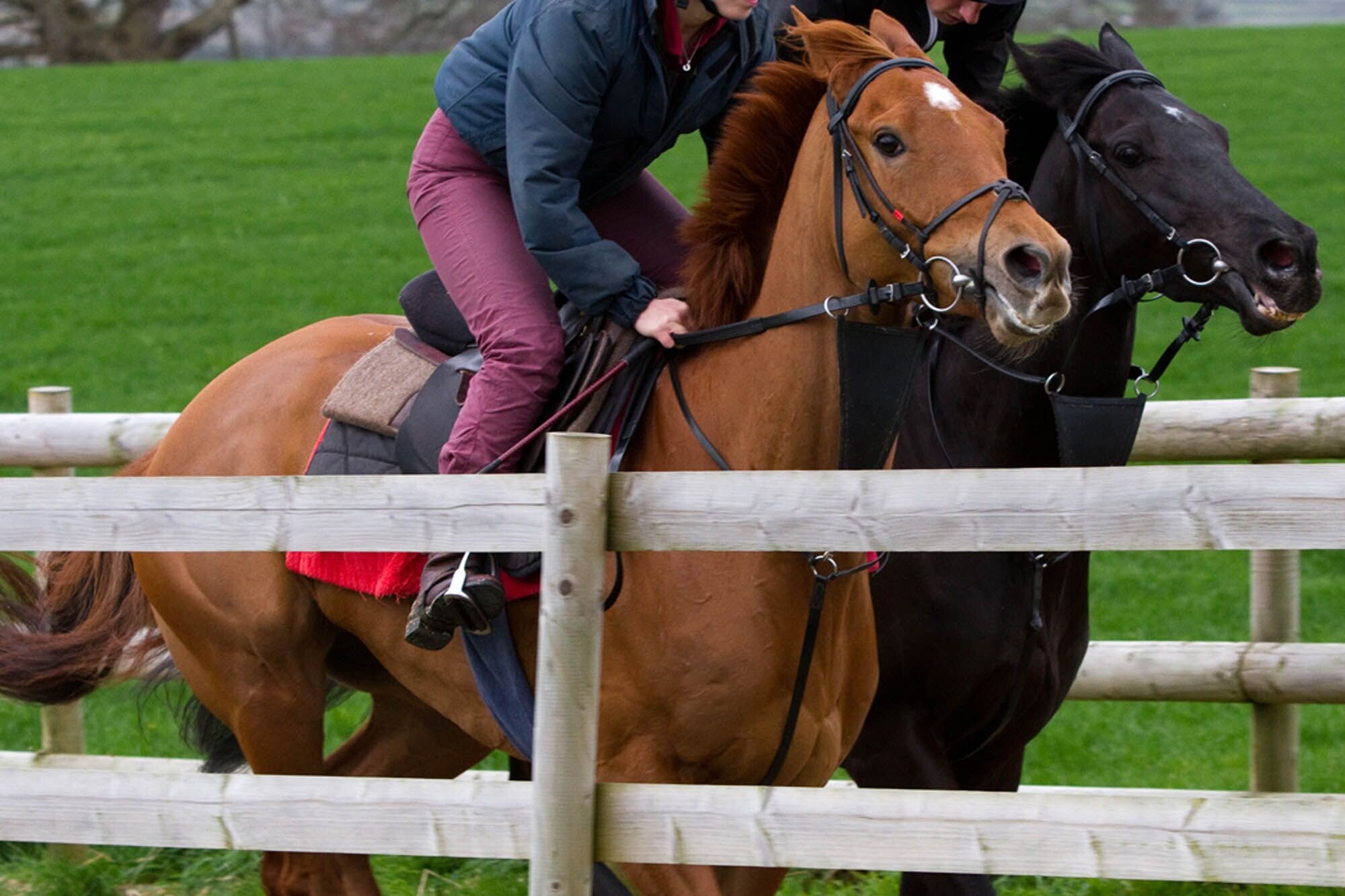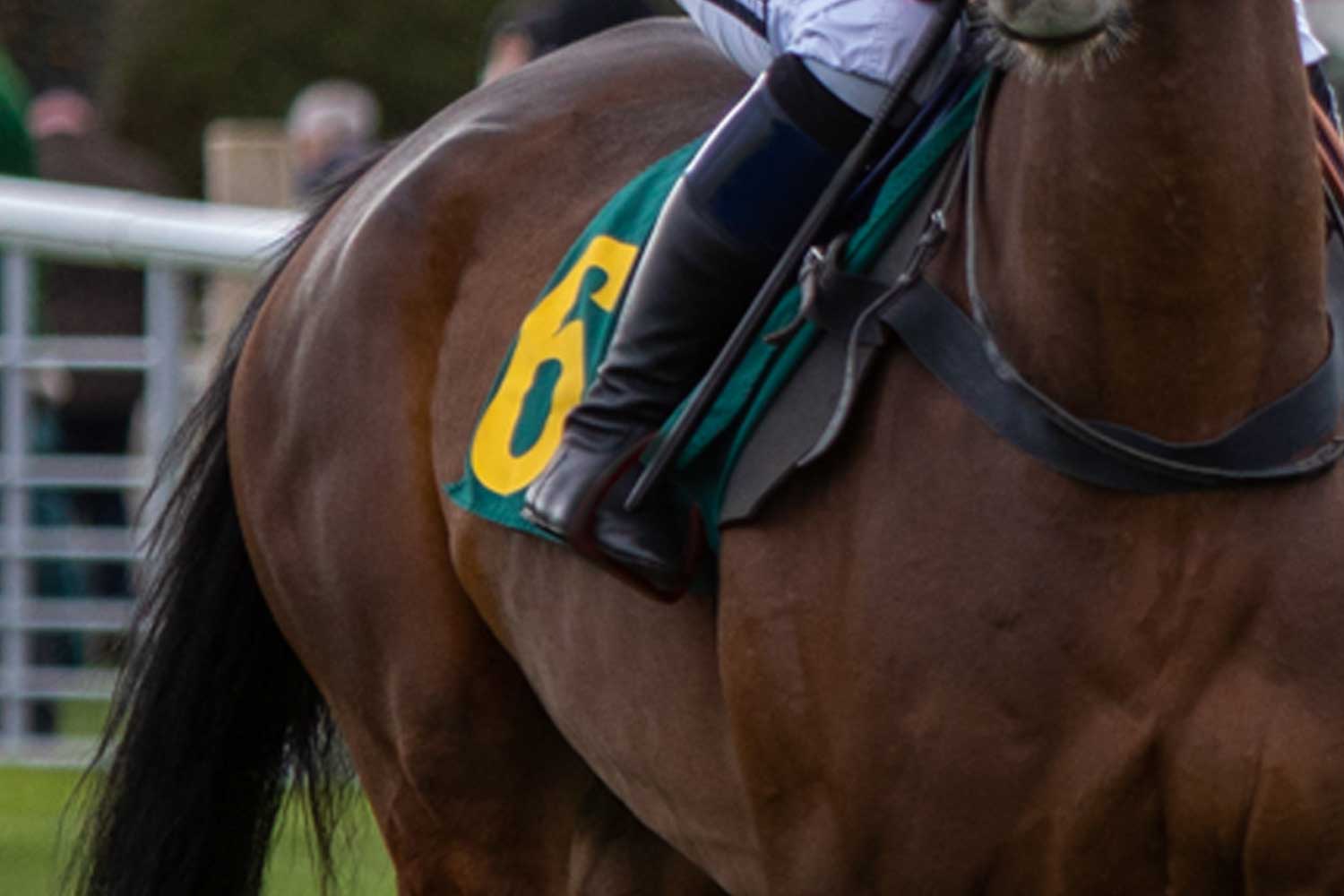We support the responsible involvement of horses in sport, and are independent welfare advisors to regulators such as the International Equestrian Federation (FEI), the International Horse Sports Confederation (IHSC) and the British Horseracing Authority (BHA). We have breadth and depth of knowledge of horse sport and racing within our staff, Trustees and wider networks. We see our role in horse sport as that of a facilitator, encouraging and supporting all those involved to meet their responsibilities to their horses, taking an ethical an evidence-based approach as understanding of what good welfare looks like evolves.
While we provide advice to horse sport regulators, they make their own decisions and enforce their own rules. It is not our role to hold them to account, but to encourage and support them to safeguard their most important participant: the horse.
Our relationship with the FEI and other equestrian federations
We have a “Memorandum of Understanding” with the International Equestrian Federation (FEI) which regulates equine sports internationally, particularly Olympic sports such as dressage, para-dressage, show jumping and eventing.
We helped them to draft their Code of Conduct for the Welfare of the Horse and supported the establishment of the Equine Ethics and Wellbeing Commission in 2022, of which we were a member.
In our 40+-year relationship, we have provided advice and support on a range of issues, such as cooling at events, training practices and arena surfaces. Each year, we present at their General Assembly to update sport leaders on the changing equine welfare landscape and practical implications for horse sport.
World Horse Welfare is an associate member of British Equestrian, and regularly works with other national or regional federations to advise on welfare standards, educational initiatives, guidelines and rules in particular disciplines.
British Horseracing Authority
World Horse Welfare is an independent advisor to the British Horseracing Authority (BHA) on welfare matters along with the RSPCA. Our experience across the charity helps to ensure our advice and our policies are informed and practical while putting the welfare of the horse above all else.
We supported the 2019 creation of the independently chaired Horse Welfare Board and meet with their representatives regularly.
We participated in their reviews on the whip (2011 and 2022), Aintree’s reviews of the Grand National (2012 and 2023) and the review of Cheltenham (2018) and provide feedback and recommendations on these races annually. We also informally advise racing authorities in other countries worldwide on an ad hoc basis.
See more about our position on the use of the whip in racing and our review of the existing research on the impacts of whip use.
How can regulators make horse sport more ethical and evidence-based?
Our vision for responsible and ethical horse sport can be found below. Some of this advice was given to the FEI in the final report of their Equine Ethics and Wellbeing Commission, in which we participated, but the principles can be applied to all horse sport.
- We believe that it is a privilege (and not a right) to ride horses or involve them in sport, so the duty is on everyone involved to ensure that their safety and welfare is our priority at all times. This holds true in training and competition – and outside of it.
- All those involved in the care, training and management of sport horses, from breeders to governing bodies and sports regulators, have a responsibility to provide sport horses with a good life, from birth to death.
- Horses should be bred ethically and responsibly, with a view towards each horse having the opportunity of a good and secure future.
- Breeders should seek to minimize any negative experiences experienced in the breeding process, and maximise positive experiences for both the mare and eventual foal.
- Ensure that the horse’s interests are always placed before the interests of the human or sport.
- Each sport should have a welfare strategy with the aim of ensuring all sport horses have a good life, and have a roadmap to achieve this.
- Only ethical and evidence-based equestrianism should be promoted as well as understanding of the importance of using ethical, evidence- based practices in horse training, management and performance.
- As the most important stakeholder, ‘the voice of the horse’ should be represented and listened to in decision making structures to ensure that equine welfare and ethics are genuinely prioritised in the development of policy and in practice.
- Establish and promote an equine ethics and wellbeing education programme for all participants, and consider making this mandatory depending on their role.
- Tack or equipment allowed in sport should be subject to transparent and evidence-based review of its impacts on equine welfare. Where this evidence does not exist, it should be sought through research. While evidence is absent, thin or inconclusive, the precautionary principle should be applied, giving the horse the benefit of the doubt.
- Empower officials to ensure welfare is paramount, through improved mandatory training and ongoing professional development, greater support for ensuring effective enforcement and more accountability for achieving high standards of individual horse welfare at all times at an event.
- Establish and implement a process for ensuring high standards of welfare and investigating risky practices for horses when ‘outside of competition.’
- Implement additional checks by trained professionals and officials to ensure horses are always ‘Fit to Compete’ by investing in more extensive and stricter health and welfare monitoring pre and post competition to prevent horses entering the competition arena if experiencing pain, frailty and/or stress.
- Ensure there is an effective ‘whistle-blowing’ process for dealing with welfare concerns or complaints in and out of competition, and foster a culture where it is acceptable to be an ‘Active Bystander’ to respectfully challenge bad practice.
- Ensure the existence of an effective ‘zero-tolerance’ policy which prevents, prohibits and punishes any practice that compromises equine welfare and safety during and outside of competition.
- An ‘equine centric’ design approach should be used for event planning and management to ensure that equine behavioural, social, physical (including thermal) and mental needs are a key consideration in choice of location/venues/provision of facilities and management of any event.
- Proactively and positively engage with the public (including equestrian stakeholders) in matters related to equine welfare.
- Develop an agreed welfare centric terminology for use when describing the way in which humans and horses interact in sport.
- Identify and recommend evidence based acceptable transport frequency, conditions and journey lengths for ensuring the welfare of competition horses and sustainability of the sport.
- Regulators should encourage the sport community to rehome horses responsibly once they have left their sport career, and be proactive in ensuring a safety net to prevent former sport horses from experiencing an uncertain future. Euthanasia to prevent suffering can be a positive welfare option if rehoming is not possible or appropriate for the welfare of the horse.
- Require mandatory collection and publication of comprehensive lifecycle information (birth to death health/travel/event attendance/ownership/performance records) and injury statistics for horses involved in sport, alongside a trusted identification registration and traceability system to follow all sport horses throughout their lifetime.
- Embrace independent input and scrutiny of welfare standards, policies and practices.

Use of the whip in racing
The whip can be used for safety but there needs to be a wider debate about its use in equestrianism.

Review of the use of the whip in racing
Use of the whip in racing for ‘encouragement’: World Horse Welfare review of the evidence

